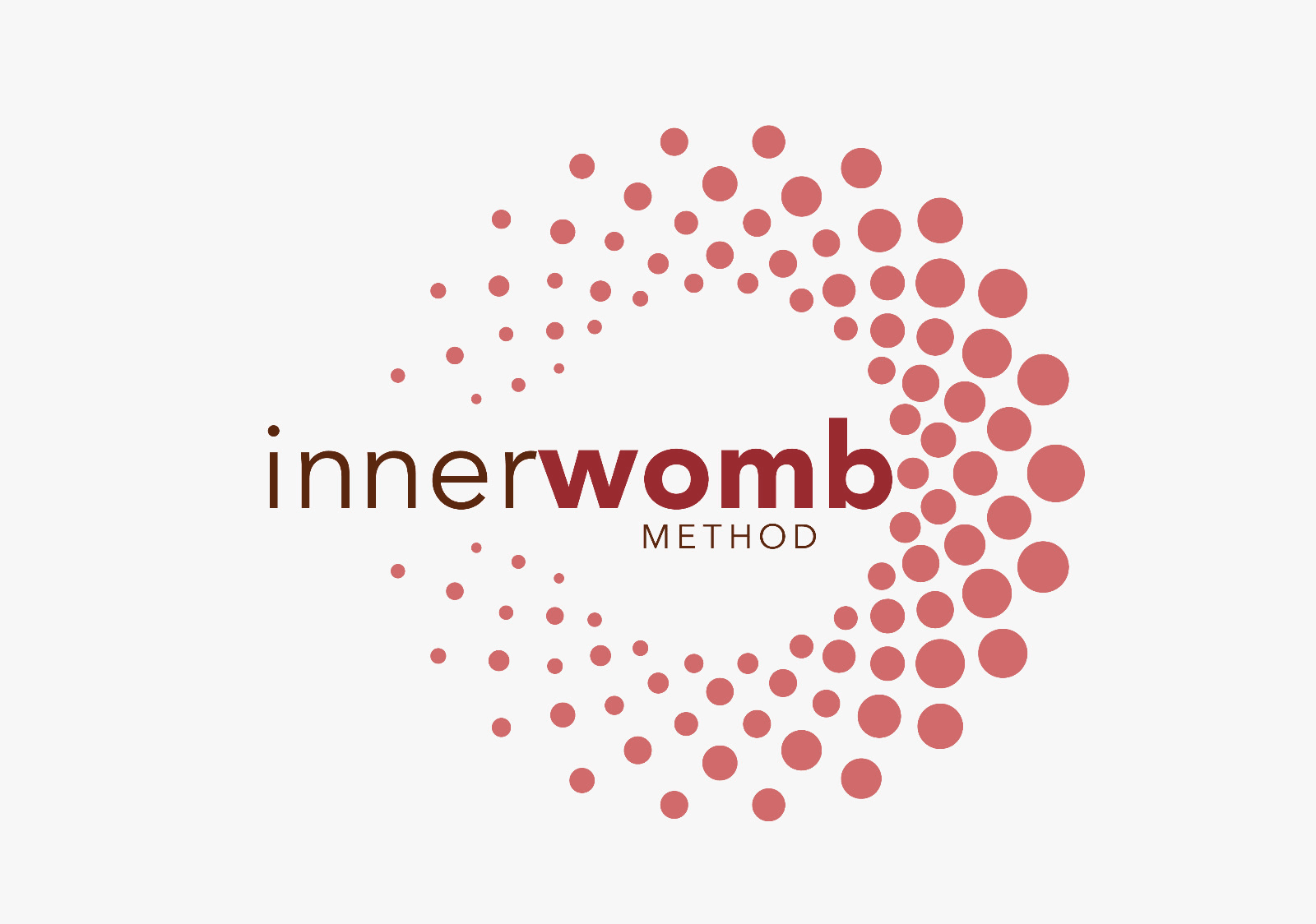Holding Trauma in the Womb: Understanding Its Lasting Impact

Holding trauma in the womb refers to the impact of traumatic experiences on a developing fetus. This concept explores how in-utero experiences can affect emotional, psychological, and physical health throughout a person's life. Research shows that factors like maternal stress, substance abuse, and attachment issues can contribute to in-utero trauma. Understanding these elements is crucial for recognizing their long-term effects and exploring potential healing pathways.
The Impact of In-Utero Trauma on Lifelong Health

The influence of in-utero trauma on an individual's health can resonate throughout their lifetime. This section explores the foundational aspects that contribute to emotional stability and the physical development of a person affected by these early experiences.
Early Emotional Foundations
In the womb, a fetus begins to form its emotional responses based on the environment created by the mother. This period is crucial for establishing early emotional foundations. Factors during this time can significantly impact future emotional resilience and mental health. Exploring the profound nature of emotional trauma in the womb allows us to grasp the depth of these early imprints.
- Maternal stress levels and emotional state can directly influence the developing brain of the fetus.
- The kind of interactions and stimuli encountered in utero may shape response patterns to stress and emotional regulation later in life.
Brain and Body Development
The development of the brain and body during the prenatal period is profoundly affected by the experiences of the mother. These impacts can manifest in various ways as the individual grows.
- The neurological development initiated in the womb sets the stage for cognitive functions and emotional processing. Inadequate or harmful in-utero experiences may disrupt this process, leading to potential cognitive delays or challenges. The quality of our early womb spirituality connection, often mirrored by our mother's connection to her own inner world and body, also plays a subtle role here.
- Moreover, the body's physical health is intertwined with brain development. Conditions such as obesity and heart disease might have prenatal origins, indicating that the effects of in-utero trauma extend beyond mental health, affecting overall well-being.
- Stress hormones released by the mother can alter fetal development, impacting the formation of crucial systems within the body, including the endocrine and immune systems.
Mechanisms of Trauma Transfer
The process through which trauma is transferred from a mother to her developing fetus is intricate and involves multiple biochemical and psychological pathways. Understanding these mechanisms is crucial in discerning the lasting effects of in-utero trauma on individuals.
The Role of Stress Hormones
Stress hormones play a significant role in shaping the development of a fetus. When a mother experiences stress, her body releases hormones such as cortisol, which can pass through the placental barrier and affect the fetus directly.
How Stress Hormones Affect the Fetus
Elevated levels of cortisol during pregnancy can lead to changes in the fetal environment, influencing the development of the brain and other organs. This exposure can alter the fetal stress response system, causing potential long-term alterations in emotional and behavioral regulation.
Long Term Effects on Mental Health
The impact of stress hormones may not be limited to physical health. Research indicates a correlation between prenatal exposure to high stress levels and subsequent mental health challenges in children. These can manifest as anxiety disorders, depression, and an increased risk for post-traumatic stress disorder in later life. For those seeking to understand and heal these patterns, exploring approaches such as emotional womb healing can offer profound support.
Implicit Memory Encoding
Fetuses are not merely passive observers in their environment; they actively respond to stimuli. This response contributes to implicit memory formation, which is crucial for long-term emotional health.
Into the Fetal Nervous System
During crucial developmental stages, fetuses encode experiences into their implicit memory, primarily through the subcortical and limbic systems of the brain. These memories can influence future reactions to stress and emotional challenges, potentially leading to maladaptive coping mechanisms.
Emotional Pain from Earliest Experiences
Trauma experienced in utero can engender emotional pain that persists long after birth. This early encoding of trauma may sensitize individuals to stressors and emotional turmoil, affecting their relationships and overall well-being throughout life.
Ancestral Trauma Transmission
The concept of ancestral trauma expands the understanding of in-utero experiences. This transmission can impact not just the immediate child, but also future generations.
From the Mother and Previous Generations
A woman carries her future eggs while she is still in utero. This biological reality suggests that traumatic experiences endured by a mother or even previous generations can shape the emotional landscape of her child. Thus, unresolved trauma can reverberate across generations.
Effects on the Developing Fetus
The intertwined nature of ancestral trauma can lead to a fetus developing under the weight of historical emotional burdens. These layers of trauma can affect physiological development, emotional states, and can predispose individuals to various psychological difficulties as they grow.
Factors Contributing to In-Utero Trauma
The various factors contributing to in-utero trauma play a significant role in shaping the emotional and physical health of the developing fetus. Understanding these influences is essential for comprehending the complexities of prenatal experiences.
Maternal Stress and Emotional States
Maternal stress is one of the most critical contributors to in-utero trauma. Emotional instability and high levels of stress can adversely affect fetal development and long-term outcomes.
Chronic Stress and Emotional Health
Chronic stress during pregnancy can lead to imbalances in the mother's hormones, which subsequently impacts the fetus. Research has shown a link between continuous maternal stress and an increased risk of behavioral and emotional issues in children as they grow up. The unstable emotional environment can diminish the fetus's capacity to develop healthy coping mechanisms.
Anxiety During Pregnancy
Anxiety can significantly affect prenatal experiences. Pregnant individuals who experience heightened anxiety may inadvertently transmit these feelings to their developing child. Elevated cortisol levels can affect not only the brain's physical structure but also the psychological state of the developing fetus.
Substance Abuse during Pregnancy
Substance abuse during pregnancy, including the use of alcohol, tobacco, or illicit drugs, poses serious risks to fetal health. These substances can alter neurological development and cause lasting damage.
Impact on the Fetus and Child
Exposure to harmful substances can lead to various syndromes and disorders affecting the child's growth and cognitive abilities. Conditions such as Fetal Alcohol Spectrum Disorder (FASD) highlight severe complications stemming from maternal substance use.
Connection to Attention Deficit Hyperactivity Disorder
Research has suggested a correlation between prenatal exposure to drugs and alcohol and the future development of Attention Deficit Hyperactivity Disorder (ADHD). Children impacted by these prenatal factors may experience challenges in focus, behavior, and social interactions.
Attachment Issues in the Womb
The emotional bond between mother and child established during pregnancy is crucial for healthy development. Any disruptions in this attachment can result in profound consequences.
Mother and Baby Bonding Challenges
Challenges in maternal bonding may emerge due to various stresses and unresolved emotions. Inadequate bonding can hinder the development of trust and security in the child, leading to further emotional difficulties later in life.
Emotional Impact on Child Development
The emotional landscape created in utero is foundational for future relationships and emotional regulation. Children who experience disruption in bonding may struggle with forming healthy connections and managing their feelings.
Exploring Healing Pathways
Understanding how trauma is held and processed opens up various avenues for healing. Innovative approaches focus on the body, emotional connections, and therapeutic interventions, offering multiple pathways to recovery.
Somatic Therapy Approaches
Somatic therapy emphasizes the connection between the mind and body, focusing on physical sensations to help individuals process trauma. This approach is increasingly recognized for its effectiveness in healing emotional wounds.
Healing at the Nervous System Level
Somatic therapies aim to reset the nervous system, allowing individuals to release stored trauma. Techniques such as body-centered awareness help clients recognize tension and discomfort, facilitating the release of pent-up emotions.
Addressing Emotional and Psychological Health
By emphasizing the physical manifestations of trauma, somatic therapy provides tools for individuals to navigate their emotional landscapes. This holistic approach promotes greater emotional regulation and resilience as individuals learn to recognize and respond to their feelings.
Ancestral and Prenatal Healing Techniques
Healing practices that focus on ancestral and prenatal trauma emphasize breaking generational cycles. These techniques promote awareness of inherited emotional patterns that may affect current psychological health.
Breaking Cycles of Trauma
Techniques such as family constellations allow individuals to address unresolved trauma passed down through generations. This work can help individuals release intergenerational burdens, fostering new patterns of emotional health.
Promoting Lifelong Emotional Well-being
Implementing ancestral healing techniques can lead to profound shifts in emotional health. Recognizing and transforming these inherited patterns can foster resilience and improved well-being for oneself and future generations.
The Importance of Conscious Parenting
Conscious parenting approaches prioritize awareness in the parent-child relationship. This practice fosters a nurturing environment, essential for healthy emotional development.
Supporting the Mother and Child Relationship
By focusing on the emotional needs of both the mother and child, conscious parenting helps establish secure attachments. This foundation supports healthy emotional development and resilience in children.
Ensuring Emotional Safety and Connection
Creating an emotionally safe environment allows children to express themselves freely. This connection encourages open communication, helping them navigate their emotions and build strong, healthy relationships throughout their lives.
The Role of Therapeutic Interventions
Therapeutic interventions play a crucial role in addressing the effects of trauma experienced during the prenatal period. Various evidence-based therapies can provide individuals with the support they need to heal and navigate life’s challenges.
Therapy Options for Trauma Recovery
Trauma-Focused Cognitive Behavioral Therapy
Trauma-Focused Cognitive Behavioral Therapy (TF-CBT) is a widely recognized approach designed to help individuals process and cope with traumatic experiences. This therapy integrates cognitive behavioral principles with trauma-sensitive interventions. The goal is to empower individuals by helping them reframe negative thoughts and develop coping strategies. TF-CBT is effective for children and adults, addressing anxiety, depression, and other mental health issues linked to prenatal trauma.
Eye Movement Desensitization and Reprocessing
Eye Movement Desensitization and Reprocessing (EMDR) is another effective therapeutic modality. It enables individuals to process traumatic memories through guided eye movements. This method facilitates the integration of distressing memories, reducing their emotional charge. EMDR has shown positive results in treating PTSD and anxiety disorders stemming from in-utero experiences, making it a valuable option for those seeking recovery.
Addressing Mental Disorders Stemming from In-Utero Experiences
Post Traumatic Stress and Anxiety
Mental health disorders like post-traumatic stress disorder (PTSD) and anxiety can often trace their origins to traumatic experiences in the womb. Targeting these issues through specialized therapeutic interventions can significantly alleviate symptoms. Effective treatment plans are tailored to individual needs, and can include talk therapy, medication, or trauma-focused approaches. A comprehensive strategy enhances the ability to manage stress and emotional difficulties, paving the way for a better quality of life.
Preventing Long Term Mental Health Problems
Identifying and addressing the signs of trauma early can prevent the development of long-term mental health challenges. Interventions focused on fostering resilience and emotional regulation can be beneficial. Techniques such as mindfulness, stress management, and supportive counseling can equip individuals with the tools to cope more effectively with life's challenges. Early intervention is key to mitigating the adverse effects of in-utero trauma on overall mental health.
